T4K3.news
New study links lithium deficiency to Alzheimer's risk
A Harvard study finds lower lithium levels in Alzheimer’s patients, suggesting a vital connection.
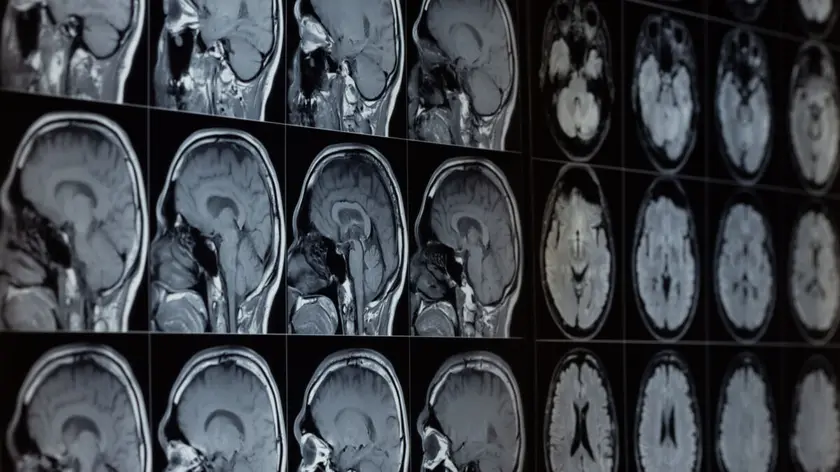
A new study from Harvard suggests lithium might be essential for brain health and its deficiency could link to Alzheimer's.
Lithium Deficiency Linked to Alzheimer's Risk in New Study
Harvard researchers recently published a study in Nature, indicating that lithium, a naturally occurring element in our brains, could play a crucial role in cognitive health. The study found lower lithium levels in Alzheimer’s patients compared to cognitively healthy individuals. Through experiments on human brain samples and mice, the team discovered that lithium deficiency might lead to increased buildup of harmful proteins associated with Alzheimer’s, such as amyloid beta and tau. The research reveals that as lithium levels drop, so do cognitive functions, raising hope for potential new treatments that could prevent or diminish symptoms of this devastating disorder.
Key Takeaways
"This is the first study to suggest that lithium deficiency might contribute to Alzheimer’s disease."
Bruce Yankner highlights the study's groundbreaking finding linking lithium to Alzheimer’s risk.
"As a neuroscientist, I am excited about exploring the physiology of lithium in the brain."
Bruce Yankner expresses enthusiasm for further research on lithium's role in brain function.
This groundbreaking research emphasizes the potential of lithium not just as a treatment but as a vital nutrient necessary for healthy brain function. The findings could reshape how we approach Alzheimer's prevention and treatment, moving towards monitoring natural lithium levels in the population as a new risk assessment method. If further studies confirm these results, it may open pathways to innovative therapies that specifically target lithium’s role in brain health without the high dosages often associated with current lithium medications.
Highlights
- Lithium's presence in the brain is more than a myth, it's a potential lifeline.
- Could measuring lithium levels change the way we assess Alzheimer's risk?
- Understanding lithium might unlock new doors in Alzheimer's treatment.
- The future of Alzheimer's research could hinge on lithium's role.
Potential Risks of Lithium Deficiency Findings
The revelation of lithium's connection to brain health may lead to public concern about Alzheimer's risk management. Monitoring and supplementation strategies could provoke backlash from those fearing over-medication or misinterpretation of findings.
The ongoing research underscores the need for further exploration of lithium's impact on brain health.
Enjoyed this? Let your friends know!
Related News

Lithium shows potential for Alzheimer's treatment

New study reveals lithium's potential in Alzheimer’s treatment
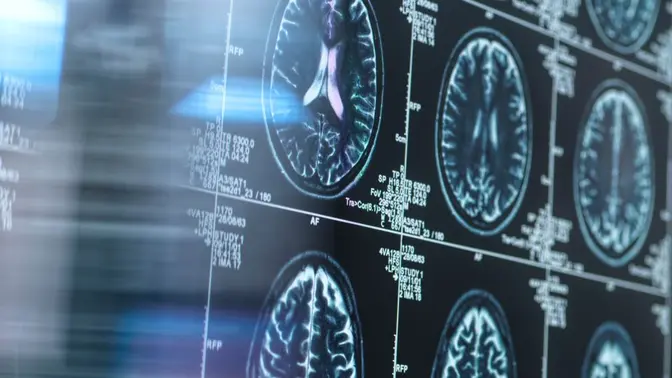
New study reveals lithium's potential role in Alzheimer's prevention
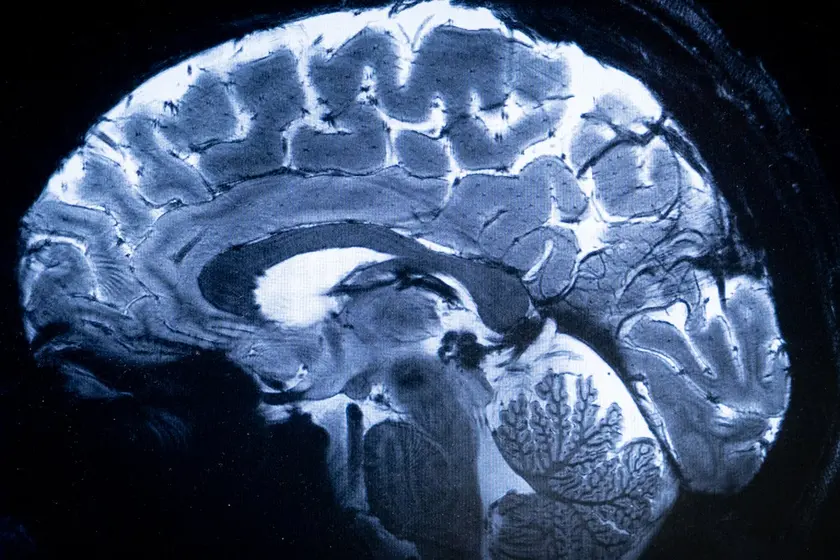
New study links lithium deficiency to Alzheimer's disease

Harvard lithium study renews hope for Alzheimer's treatment

New research links copper deficiency to Alzheimer's risk
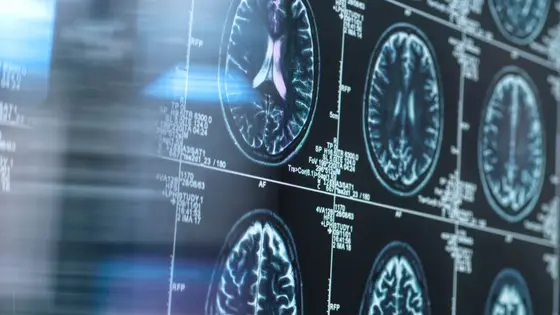
New Harvard study reveals lithium could fight Alzheimer's
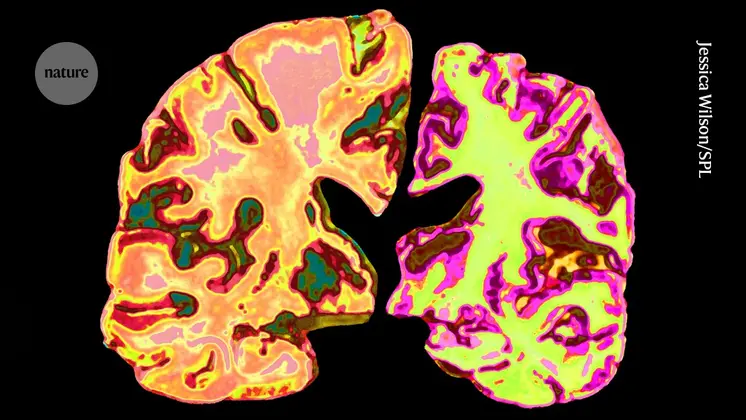
New study reveals lithium’s potential in treating Alzheimer’s
